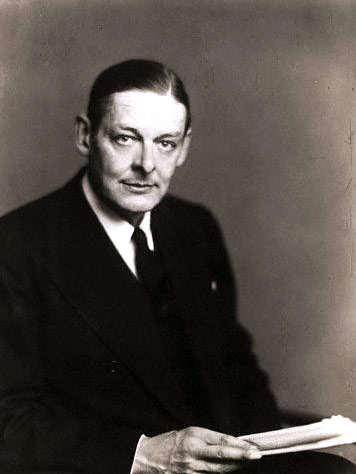
With noses lifted high in the air, we consider ourselves to have an utmost level of creativity, we are literary artists, we are English scholars, and we are pretentious at that. I give myself permission to write these things because I am an English major, and besides I will further justify those notions by saying that not long ago one of my English professors actually suggested that English majors are often rather pretentious. Maybe I am writing from an extreme vantage point, but anyway such was never meant to be my purpose for this entry. I want to consider our cynicism toward those in the sciences. To do so, allow us to consider the theory of relativity. You know the good old Einstein formula, E=mc2. We scoff at such when we consider it in relation to artistic creativity. Unlike the poem in my last entry, knowing the historical background of the formula, or knowing Einstein’s biographical information makes little difference in our interpretation of the formula. Interestingly, the formula was invented during the time of modernism around the same time as formalism. What am I trying to get at? I’m not sure (just kidding). You see, formalism was originally a modernist school of thinking so we can begin making connections. Originally it was the way of doing English Studies. In present day, we are trained to regard poems as vehicles of communication and often regard history above the poem itself. Formalism demands that we look at literature plainly, that we consider how the words create meaning. It is, in effect, anti-romantic, anti-scholastic, even Victorian. Living and writing during this time period, I think T.S Eliot was getting at some of these notions. He suggests, according to my understanding, that the poet be intentional about tradition. That he or she work not so much toward creating but obtaining a deliberative tradition as opposed to accepting an embedded tradition. This drawn from my own understanding and interpretation of T.S Eliot’s, Tradition and the Individual Talent. So is it fair to draw parallels between the sciences and the arts? In relation to history, I reply with a resounding yes!

No comments:
Post a Comment